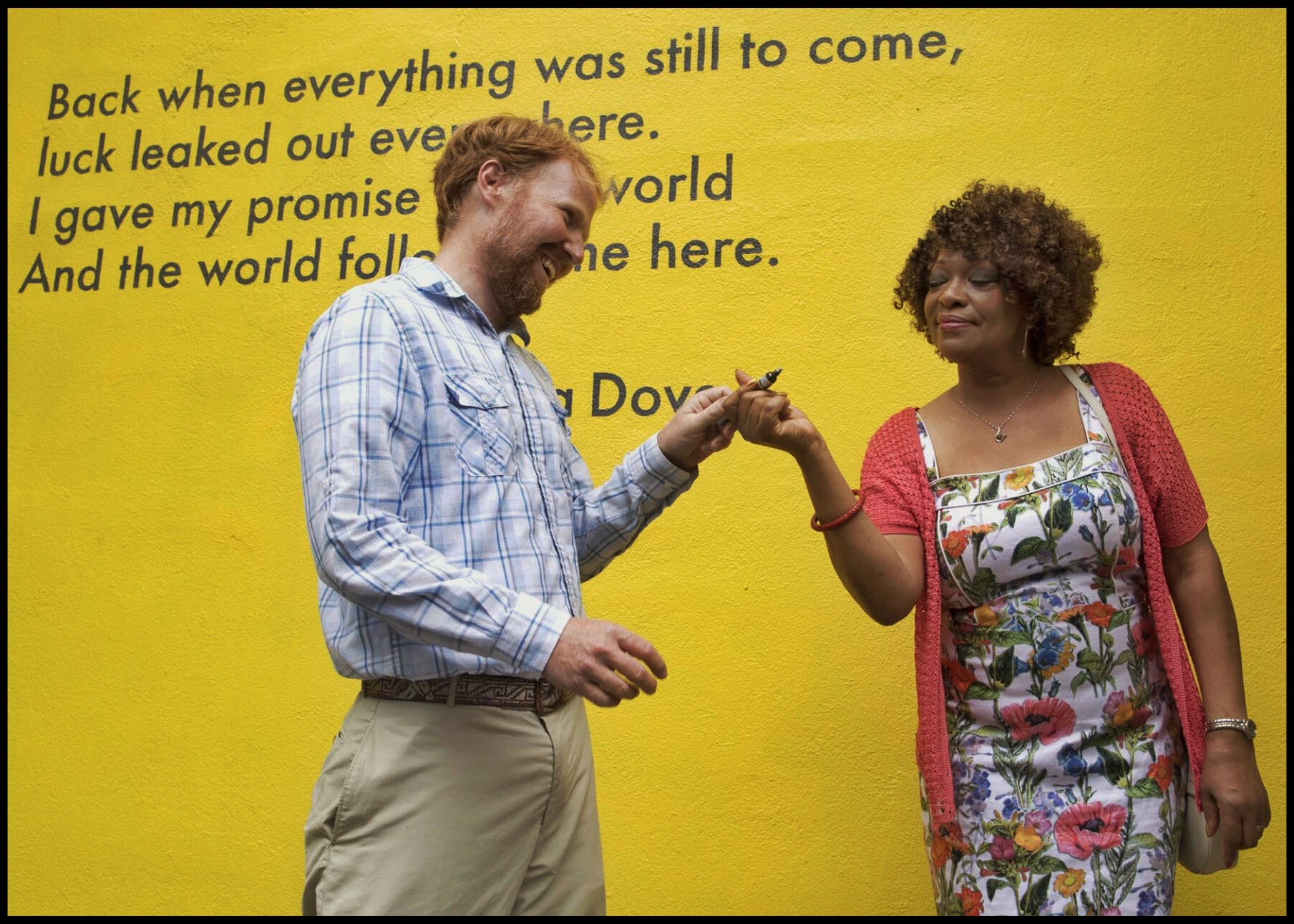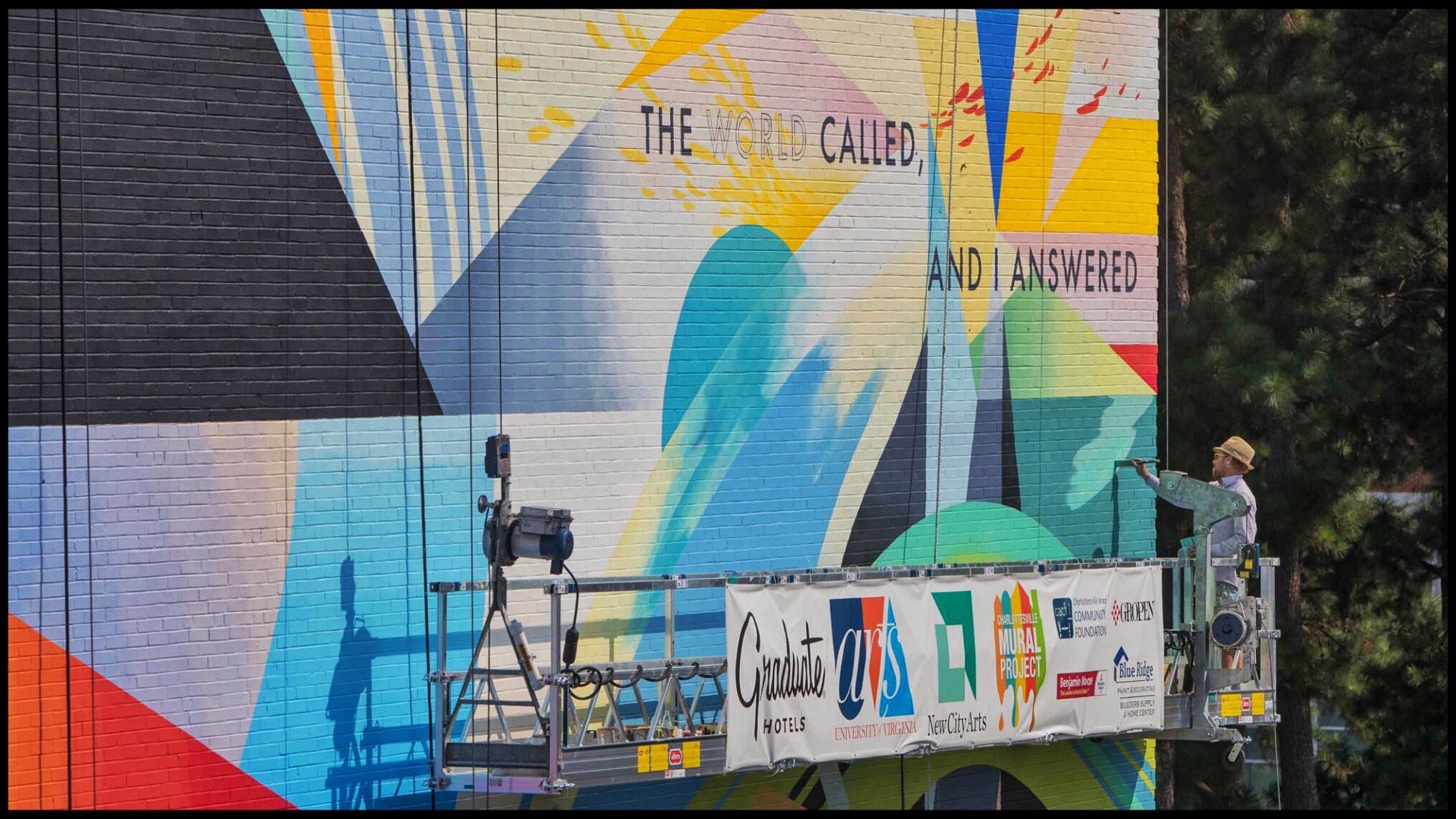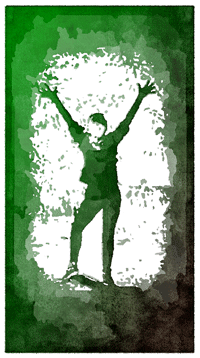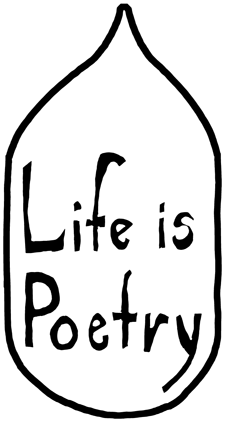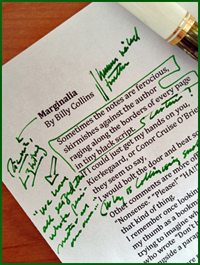Be driven, but be realistic, and create a culture based on flow, process and collaboration, not work heroism. (Medium)
Sometimes life rhymes. And sometimes it’s difficult to explain exactly why. Why did I stumble across Stef Lewandowski‘s thoughtful reflection on the heavy costs of overworking, “What gets done is what gets done“, and why now?
Why did I just happen to dip into this while scanning the Medium Editor’s Picks? Right as I’ve been deep thinking this whole matter of triumphal solo workathons (and shortfalls, setbacks, etc.)? And why did it coincide with a couple of spontaneous social media exchanges with peers on the very same topic?

Fearless flow, process and collaboration…
Poetry. Sometimes life rhymes. The message may be as difficult interpret as a summer mirage, but for a glimmering instant we stumble upon mesmerizing clarity.
A little more than halfway through the year isn’t such a bad time to reevaluate priorities and goals. Maybe even to rotate the map slightly. Or turn it upside down to doodle a fresh map…
Stef Lewandowski (@stef) is cofounder of Makeshift (@makeshift), a cool “new type of company that makes digital products that ‘give a leg up to the little guy’“. Smart concept. Smart team. London-based. They built Bitsy to make it easy and affordable for you to sell your digital stuff, Help Me Write so you can tap your audience for guidance on what to write about, and Hire My Friend so can explore new work possibilities with help from your friends.
It’s all the more compelling to be reminded by a smart, hardworking overachiever who thrives in perennial start-up mode that we need to unplug. That we need to work smart. And that means that sprinting 24×7 because we have to (and because it often yields ace results, and because everyone has come to expect Energizer bunny tempo from us, and — let’s be 100% honest — because it’s a really addictive!) isn’t such a good idea. Not in the long term. Nor even the sort of middle term. It’s a fast track to burn out. It’s taken me most of my life to acknowledge this. To accept this. And to envision (and begin drafting) a new map.
The frustration and drive that you feel around what you’re working on is a good thing – it gives you motivation and direction, but it’s important to be grown up about it too. There is only so much that humans can achieve in a period of time, and by accepting this fact I’ve found that I’m able to create an environment where I feel more relaxed, creative and inspired than I’ve managed to be in before.
The result is that I, and my team are being smart about how we spend our time, rather than back-filling with a resource that we shouldn’t be using up—our personal time. (Medium)
Time. Timing. It’s one of the essential ingredients in poetry.
And life.
And work.
So are flow and process. Ideally. Though not always. Thanks, Stef, for the timely reminder. And thanks for building tools that help out with the collaboration part too.
Time for fearless flow, process and collaboration. Time to add bold lines and colors to my new map…
Like this:
Like Loading...
